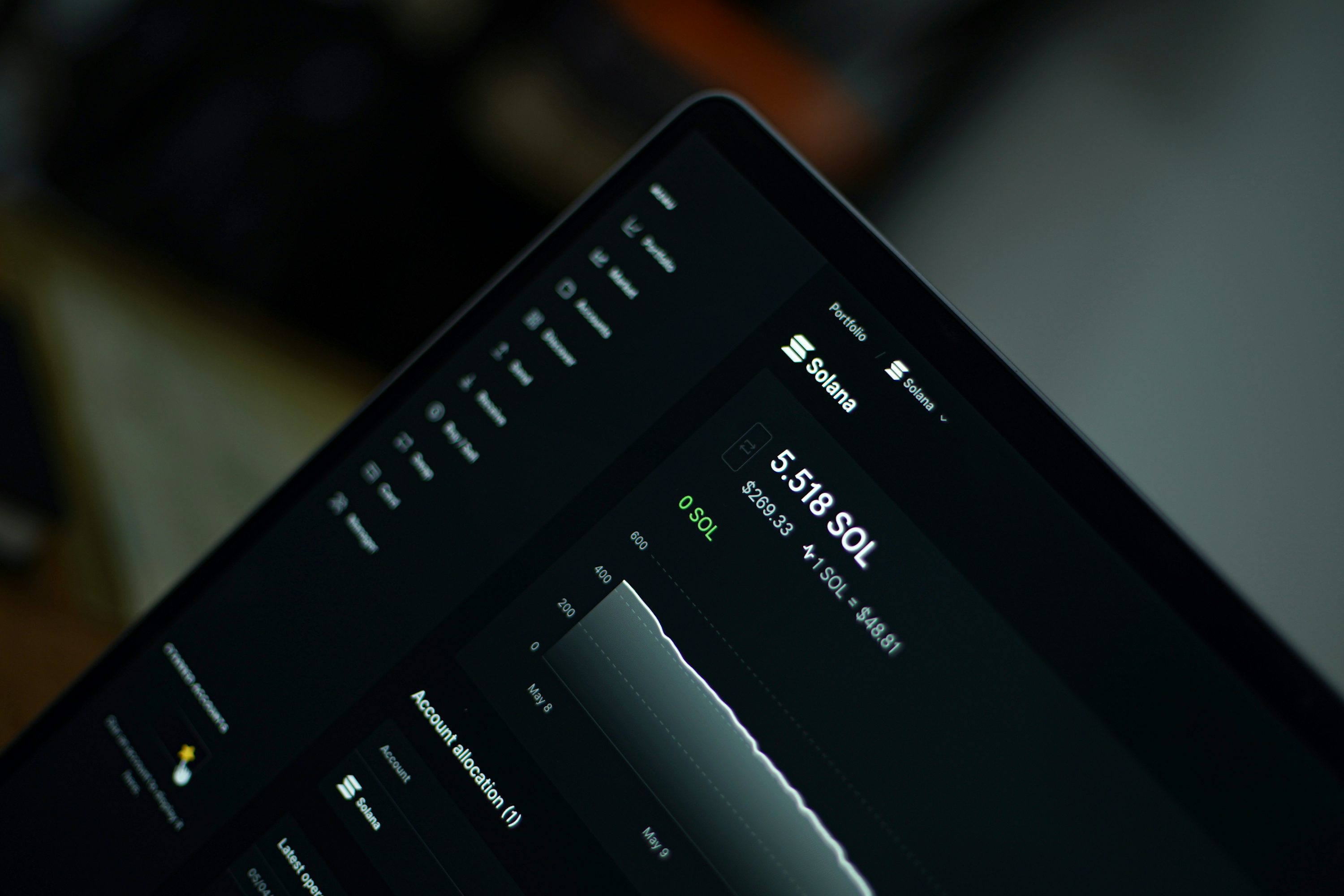Web3 agency Luna rebrands to avoid confusion with disgraced crypto coin
The firm behind Under Armour’s Steph Curry NFTs is now positioning itself as a Web3 ad tech company.

Luna Market, a New York-based advertising agency behind several notable NFT drops, is rebranding to Insomnia Labs as part of a larger effort to pivot the focus of its business. It’s also escaping a PR nightmare.
Luna happens to be the name of an unrelated cryptocurrency on the Terra blockchain that crashed in dramatic fashion several months ago, falling from $86 to virtually zero in eight days. The meltdown was highly publicized in both mainstream and crypto publications, and its impact on various industries is still being felt today. Luna, the agency, is rebranding to avoid any further confusion with the currency.
“A lot of our partners had to come back and be like, ‘Just to make sure, you are not affiliated with [Luna the coin] in any way, shape, or form,’” said Insomnia Labs co-founder and CEO Billy Huang.
Despite the necessity of the name change, Insomnia had actually been planning to pivot its business for some time. The firm achieved early success through collaborations with major brands like Under Armour, with which it created NFTs based on Steph Curry’s shoes. But as larger ad agencies and holding companies increasingly embraced Web3, Insomnia found it difficult to compete for brand partnerships. That’s when it decided to position its value-add toward ad tech.
“We want to swallow up a part of the market that we think we fit into rather than trying to compete with a space where there’s tons of resources being thrown behind,” said Insomnia’s other co-founder Jack Cameron.
Insomnia is primarily offering two tools for Web3 marketing: The first, called NFT Checkout, allows brands to enable NFT minting directly on their websites, as opposed to doing so through a microsite. According to Huang, the latter method results in a loss of traffic by driving consumers away from a brand’s main site, thereby adding more friction to the experience.
The second tool, NFT Ticketing, can turn any NFT into a corresponding QR code, which can then be scanned in order to verify the owner. As the name suggests, the tech would most commonly be used to process tickets to events, like music festivals and sporting events. This has become an increasingly popular use case for NFTs since they can be programmed to confer special access—a process often referred to as “token-gating.” Events like Tomorrowland and Coachella have already incorporated NFTs into their tickets.
Insomnia also hopes to help brands more deeply engage with Web3 through other means, such as the metaverse and decentralized autonomous organizations (DAOs). The company in June collaborated on one of the first instances of a branded DAO with L’Oréal’s NYX Professional Makeup. The group focused on gathering and assisting creators behind virtual avatars.
“I find interesting the community-building aspect of DAOs—giving ownership back to the consumers who can help you influence your product decisions and participate in guiding those decisions without ruining your core product,” said Huang.
Insomnia Labs announced a $1.5 million investment from Web3 partners supporting the refresh, including blockchain scaling solution Polygon and software company Animoca Brands.

 JaneWalter
JaneWalter 
































